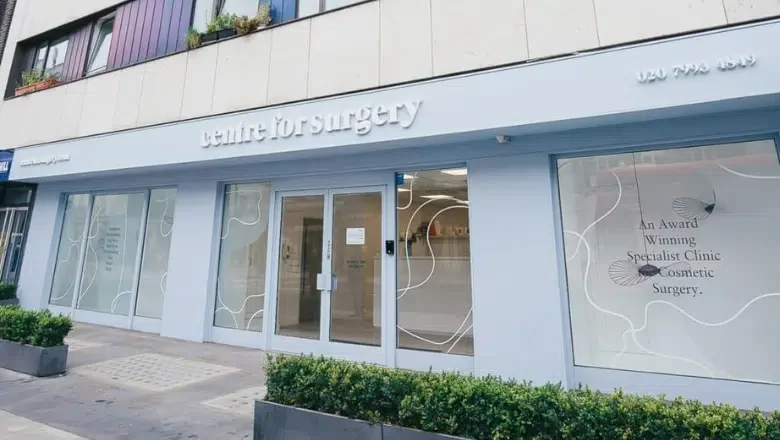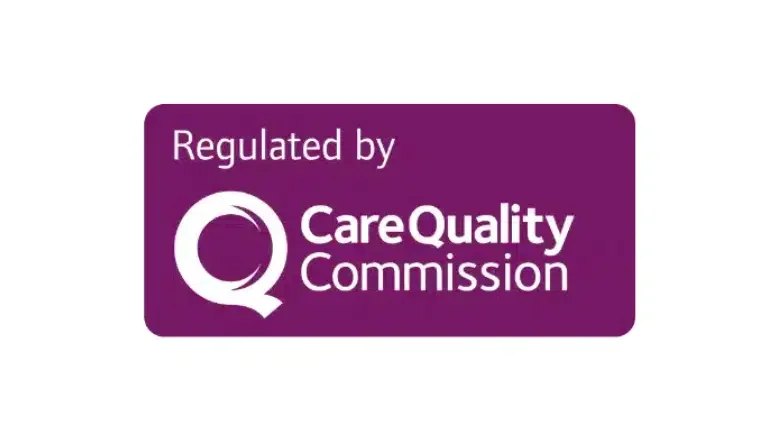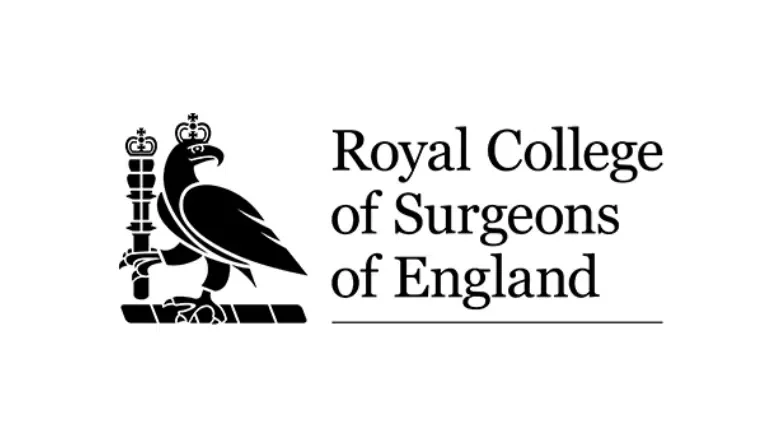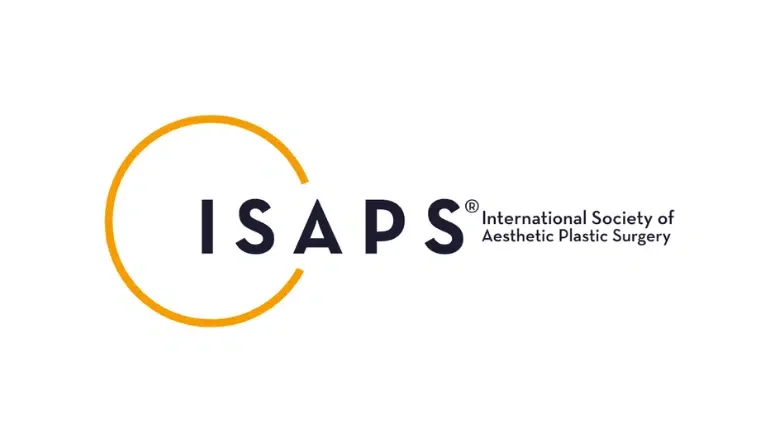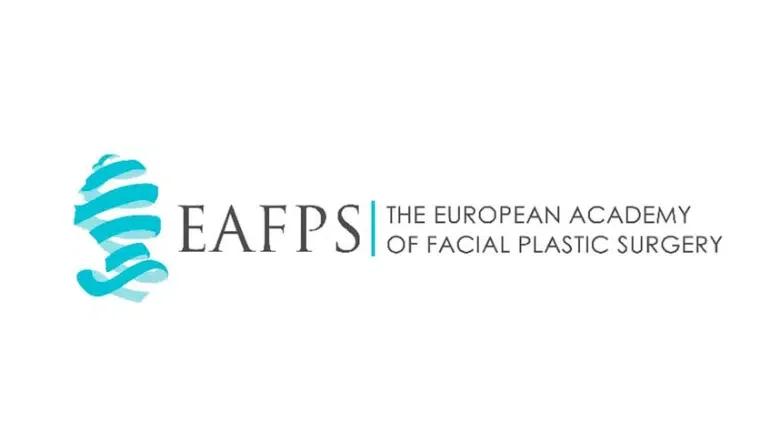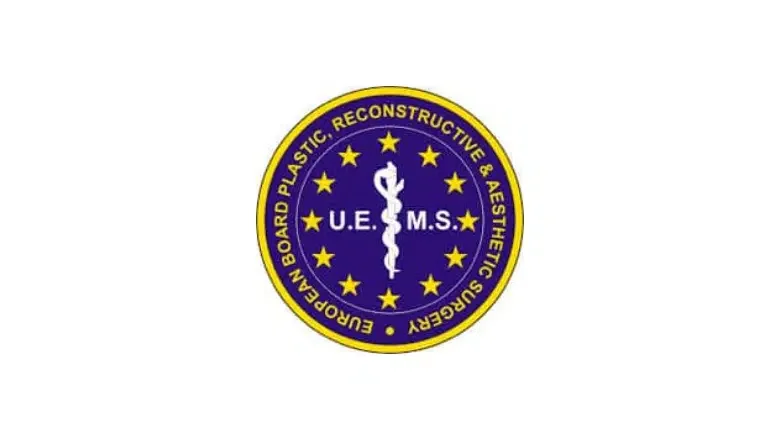Blepharoplasty, commonly referred to as eyelid surgery, is a cosmetic procedure designed to rejuvenate the appearance of the eyes by removing excess skin, fat, and sometimes muscle from the upper or lower eyelids. While the surgery can dramatically improve a person’s confidence and appearance, it’s important to understand the recovery process, particularly when it comes to returning to everyday activities like driving.
If you’ve recently had a blepharoplasty procedure or are considering one, you may be wondering how soon you can resume driving. This is a common concern for many patients, as the ability to drive is essential for independence and day-to-day life. However, the answer is not straightforward and depends on several factors, including how quickly you heal, your surgeon’s advice, and any complications that may arise during recovery. In this article, we’ll explore these factors in detail, so you have a clear understanding of what to expect and how to ensure a safe return to driving.
Understanding the Recovery Process After Blepharoplasty
The recovery process following blepharoplasty is unique to each individual. While some people may feel ready to return to normal activities within a few days, others may need more time to heal fully. To understand when it’s safe to drive again, it’s important to first grasp what the recovery entails.
After the procedure, you’ll likely experience some swelling, bruising, and discomfort around the eyes. These side effects are entirely normal and are part of the body’s natural healing process. For most patients, the initial swelling and bruising begin to subside within the first week, but it may take several weeks for the area to fully heal and for the final results to become apparent. Your vision may also be temporarily affected during the early stages of recovery, which can have a significant impact on your ability to drive safely.
RELATED: Traditional vs Non-Surgical Blepharoplasty
Why Is Driving Immediately After Blepharoplasty Not Recommended?
Driving requires full concentration, quick reflexes, and unimpaired vision. Blepharoplasty, although minimally invasive, directly affects the eyes and surrounding areas. Immediately after the surgery, your vision may be blurred due to swelling or the use of lubricating ointments applied during or after the procedure. These ointments, while essential for keeping the eyes moist and promoting healing, can create a hazy film over the eyes, making it difficult to see clearly.
Additionally, patients are often prescribed pain relief medication to manage any discomfort in the days following the surgery. These medications, particularly those that contain opioids, can cause drowsiness and impair your ability to focus. Driving under the influence of such medication is not only unsafe but also illegal.
Another factor to consider is the natural sensitivity of the eyes after surgery. Bright sunlight, wind, and even glare from oncoming headlights can cause discomfort or irritation. This sensitivity can make driving a challenging and unpleasant experience until the eyes have had adequate time to recover.
How Long Should You Wait Before Driving Again?
There is no universal timeline for when it’s safe to drive after blepharoplasty, as recovery varies from person to person. However, most surgeons advise waiting at least one to two weeks before attempting to drive. This period allows for the majority of the swelling and bruising to subside and ensures that your vision is no longer impaired.
RELATED: How to Reduce Bruising and Swelling after Eyelid Surgery
Your surgeon will likely schedule a follow-up appointment within the first week of your surgery. During this visit, they will assess your progress and let you know if it’s safe to resume driving. It’s crucial to follow their advice, as attempting to drive too soon can put both yourself and others at risk.
Signs That You’re Ready to Drive Again
Before getting behind the wheel, it’s important to assess whether you feel physically and mentally ready to drive. Here are some key indicators that you may be ready:
- Clear Vision: Your vision should be completely unobstructed and free from blurriness. If you’re still experiencing any visual disturbances, it’s best to wait a little longer.
- No Dependence on Pain Medication: You should no longer be taking strong painkillers that could impair your judgement or reaction times.
- Reduced Sensitivity: Your eyes should feel comfortable and no longer overly sensitive to light, wind, or other environmental factors.
- Confidence Behind the Wheel: If you feel hesitant or anxious about driving, it’s a sign that your body and mind may not be fully ready.
Tips for a Smooth Transition Back to Driving
Once your surgeon has given you the all-clear and you feel confident in your recovery, it’s a good idea to ease back into driving gradually. Start with short, low-stress journeys in familiar areas to build your confidence and ensure that your vision and reflexes are up to standard. Avoid driving at night or in harsh weather conditions until you feel completely comfortable.
It’s also important to protect your eyes from bright sunlight by wearing sunglasses with UV protection. Not only will this reduce discomfort, but it will also protect your eyes as they continue to heal. If you wear prescription glasses or contact lenses, ensure they are clean and up-to-date to optimise your vision while driving.
The Importance of Listening to Your Body
One of the most critical aspects of recovery after blepharoplasty is listening to your body. If you feel fatigued, experience discomfort, or notice any changes in your vision, take a step back and allow yourself more time to heal. Recovery is not a race, and taking the time to heal properly will ensure the best possible outcome from your surgery.
Additionally, if you notice any unusual symptoms, such as severe pain, redness, or discharge from the surgical site, contact your surgeon immediately. These could be signs of an infection or other complications that require prompt attention.
Trusting Your Surgeon’s Guidance
Your surgeon will be your primary source of advice and support throughout your recovery. They will monitor your progress and provide personalised recommendations based on your individual circumstances. Trusting their expertise and following their instructions is essential for a safe and successful recovery.
At Centre for Surgery, we pride ourselves on offering world-class care and support to our patients. As a leading provider of cosmetic surgery in the UK, we understand that recovery is just as important as the procedure itself. That’s why we’re here to guide you every step of the way, from your initial consultation to your final follow-up appointment.
We know that undergoing surgery can be a daunting experience, but we’re committed to making the process as smooth and stress-free as possible. Our team of highly skilled surgeons and compassionate staff will work with you to create a personalised recovery plan that meets your needs and ensures the best possible outcome.
If you have any questions about blepharoplasty or the recovery process, we’re always here to help. Contact us today on 0207 993 4849 to learn more about how we can help you achieve your goals and feel confident in your appearance. We look forward to being part of your journey to a brighter, more refreshed you.

